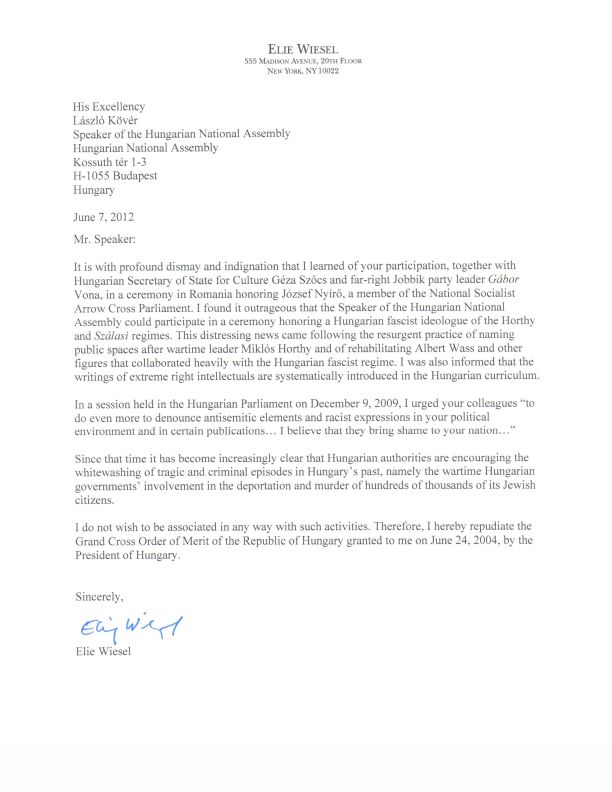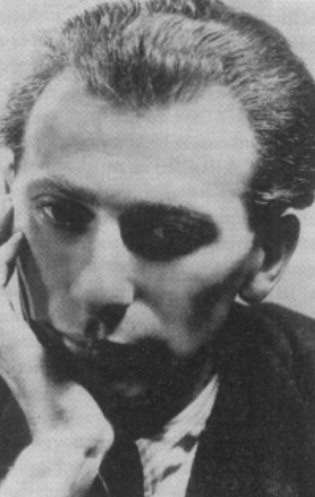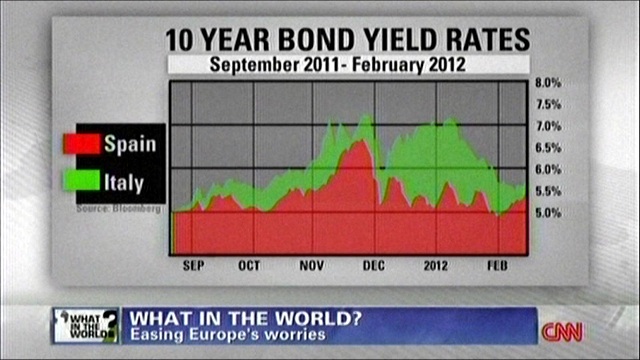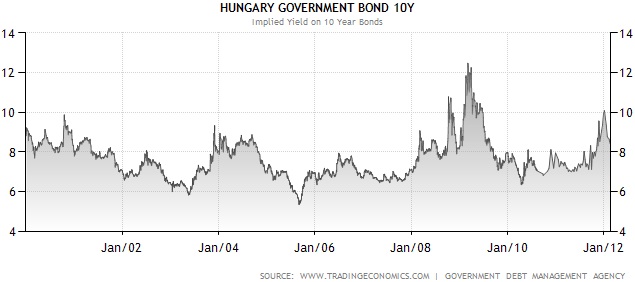 Sometimes one comes across Internet gems just as they are about to disappear.
Sometimes one comes across Internet gems just as they are about to disappear.
Just south of Budapest, near the expressway that leads to Lake Balaton, there is a small village by the name of Tordas.
Tordas has had a small community radio station for the past 12 years. For the first decade, it was a pirate station, broadcasting without a license, but as of 2010, they are officially licensed to operate their 1 W (!) transmitter.
Alas, not for much longer. They are about to go silent this weekend, buried by bureaucratic requirements imposed by Hungary’s new media authority.
I read about this today and tuned into Radio Tordas over the Internet. I was in for a treat.
For instance, I heard a version of The Beatles’ Yellow Submarine, sung in Latin (!) by the late British MP Derek Enright.
I heard a cover of These Boots Are Made for Walkin’, sung by songwriter Lee Hazlewood, with alternate lyrics that end with the words, “this is the part of the record where the engineer Eddy Brackett said if we don’t fade this thing out, we’re all gonna be arrested”.
I heard an wonderful song, Guns of Brixton, by the French band Nouvelle Vague.
I heard a rather unusual and humorous cover (mostly vocals and acoustic instruments) of Jean Michel Jarre’s electronic composition Oxygen, by the Hungarian band Zuboly.
I heard an amazing cover of The Rolling Stones’ Play With Fire. I have no idea who was singing, which is a pity, because he almost sounded like Tom Waits. (No, I don’t think it was Tom Waits.)
I heard many other things, including two rather unusual children’s tales from the immortal Ervin Lazar, known in Hungary for, well, his rather unusual children’s tales.
And this radio station is about to go off the air for good. Perhaps they’ll survive on the Internet. If so, they’re on my list of stations worth listening to.







